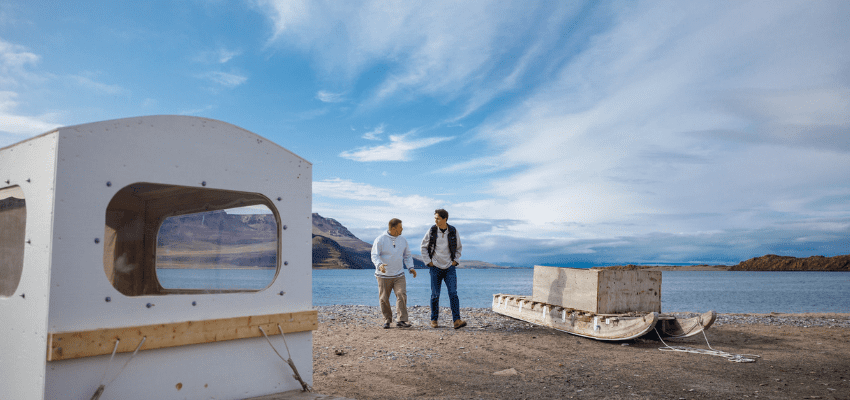This article originally appeared in The Hill Times. Below is an excerpt from the article.
By Heather Exner-Pirot, December 3, 2024
Canada needs a new Arctic foreign policy. The world, and the region, has changed dramatically since it announced its last one—a chapter, not a standalone policy, in 2019’s Arctic and Northern Policy Framework, which as its name betrayed, leaned more heavily on process than on strategy.
The Arctic at that time was premised on exceptionalism: the idea that despite Russia’s bad behaviour elsewhere, the region was the one part of the world where our interests roughly converged and cooperation was not only possible but tangible.
Amongst the many Arctic diplomatic wins that were realized in the wake of Russia’s 2014 invasion of Crimea were the formation of an Arctic Coast Guard Forum in 2015 to advance maritime safety and security; a Polar Code to better regulate shipping in the region’s inhospitable waters in 2017; a moratorium on commercial fishing in the Central Arctic Ocean in 2018; and an Arctic Science Agreement to enhance international scientific cooperation in 2017.
***TO READ THE FULL ARTICLE, VISIT THE HILL TIMES HERE***
Heather Exner-Pirot is the director of energy, natural resources and environment at the Macdonald-Laurier Institute.






